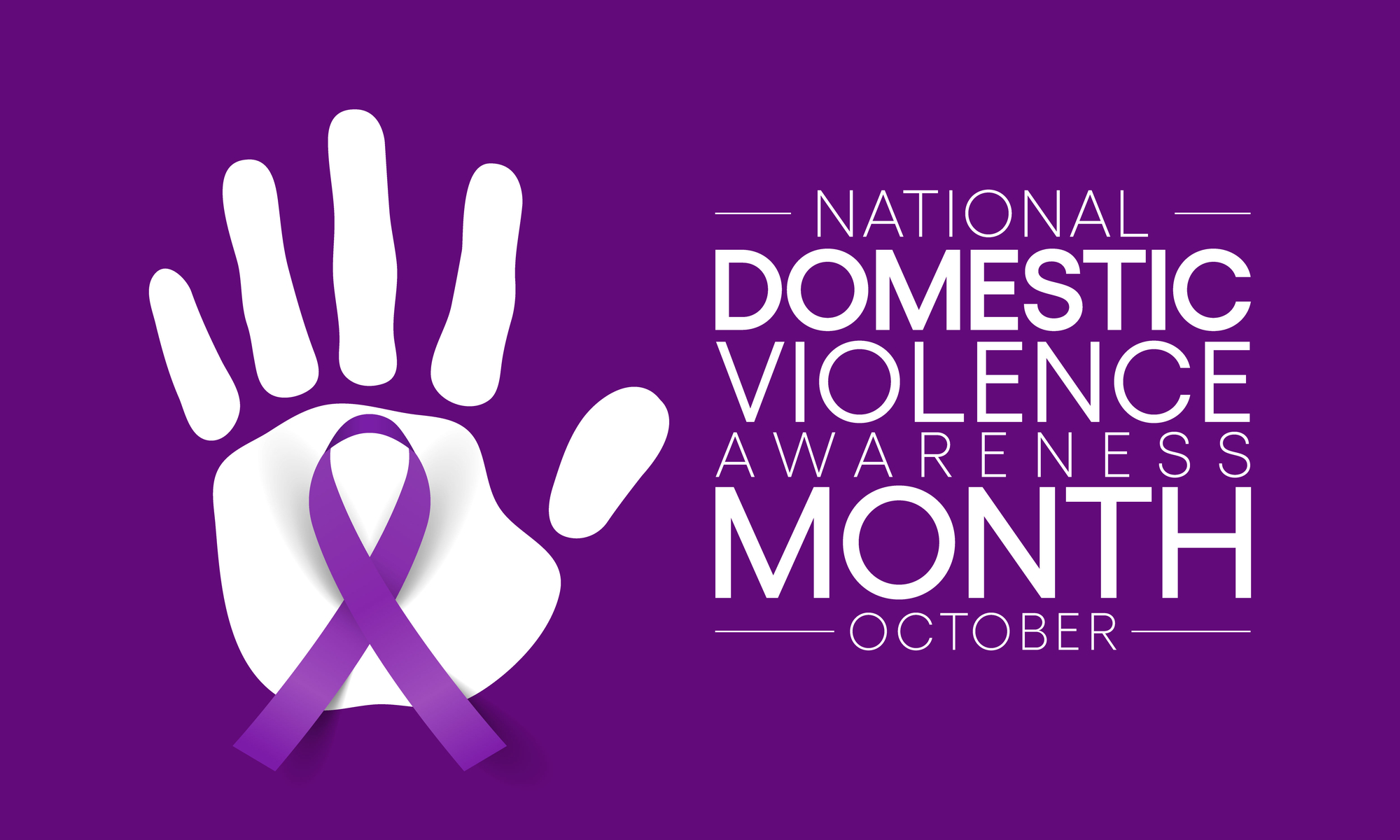I have made it my ongoing–and fervent–mission to continue to shine a bright light on a certain demoralizing, insidious and horrific cycle of behavior that continues to be a growing concern within the LGBTQ Community. This is Part Eight of an ongoing series that will address this potentially life-threatening cycle of abuse.
COVID-19. The coronavirus. The Plague of the 21st Century.
Whatever you choose to call it, this infectious disease is on course to ravage us physically and financially. At the same time, the coronavirus is threatening to inject abject fear deep inside and throughout almost every one of us.
And speaking of fear: ponder and then consider just how the shelter-in-place orders—although critical–are exacerbating Intimate Partner Violence and Abuse (IPV/A).

So, just what is IPV/A? Dysfunctional, demoralizing and destructive, it is known as domestic violence and abuse (DVA) within the LGBTQ community.
And, IPV/A is no joke: it can be deadly.
According to The National Coalition of Anti-Violence Programs (NCAVP), IPV/A is “a pattern of behaviors utilized by one partner (the abuser or batterer) to exert and maintain control over another person (the survivor or victim) where there exists an intimate, loving and dependent relationship.” Every year, between 50,000-100,000 lesbians (or more) and as many as 500,000 (or more) gay/SGL men are battered. About one in four LGBTIQ relationships/partnerships are abusive in some way.
According to psychologists and authors Jeanne Segal and Melinda Smith, “Domestic violence and abuse are used for one purpose and one purpose only: to gain and maintain total control over you. Abusers use fear, guilt, shame, and intimidation to wear you down and keep you under his or her ‘thumb.’ Your abuser may also threaten you, hurt you, or hurt those around you. The bottom line is that abusive behavior is never acceptable. You deserve to feel valued, respected, and safe.”
And with both the victim and the abuser in close quarters nearly 24/7 due to shelter-in-place, you can bet your bottom dollar that abuse figures will shoot up: possibly exponentially.

Just this past weekend, I spoke with a victim of Intimate Partner Violence and Abuse (IPV/A). Because he lives in constant fear of his live-in abuser, “Vincent” insists on remaining anonymous. That fear—and stigma—prevent him from making his “Great Escape.”
Right before his state’s shelter-in-place took effect, Vincent’s employer was forward-thinking, allowing him and most of his colleagues to work from home. But that was a double-edged sword because his violent partner would now be with him, side by side.
Nearly 24 hours a day.
“Curtis,” his abusive partner, is an assistant restaurant manager who was laid off due to the sudden and precipitous economic freefall. “Curtis worked a lot of hours; thankfully, there was a nice chunk of time when we weren’t physically in the same space–you know what I mean?” Vincent explained. “But now, with this social distancing thing, we’re together like 24/7.”
He went on, sheepishly. “Before corona hit, you could say I was the textbook example of abuse. Curtis pretty much controls my movements, my finances, how I act. He continually threatens me, isolates me. And then there’s the emotional abuse…and the physical, with the bruises…usually where you can’t see them. Now, with this virus, it’s gonna get worse.”
I asked Curtis if he had family and friends nearby to help extricate him from his dire situation. “Well…the few friends I have have tried, but they’ve given up on me because I wouldn’t let them help.
“Here’s the deal: I’m fuckin’ scared of Curtis! He’s threatened to harm me and them if I try to leave. My family–whom I’m not that close to–is on the other side of the country.”
Vincent, working to hold back tears, moaned, “Man, I just feel so defeated and useless.”
His final words of the phone conversation were, “With him being around me so much, this shit’s gonna really ‘git real’! He blames me…ME!…for him being furloughed. He also believes that I’ve given him the virus and that he’ll soon develop symptoms.”
I’m hoping that somehow, someday, Curtis will get on the road to making his Great Escape.

According to Time.com’s “As Cities Around the World Go On Lockdown, Victims of Domestic Violence Look for a Way Out,” written by Melissa Godin, “For people who are experiencing domestic violence, mandatory lockdowns to curb the spread of COVID-19 (the disease caused by the new coronavirus) have trapped them in their homes with their abusers, isolated from the people and the resources that could help them.”
Godin continued. “The National Domestic Violence Hotline reports that a growing number of callers say that their abusers are using COVID-19 as a means of furthering isolating them from friends and family. ’Perpetrators are threatening to throw their victims out on the street so they get sick’, Katie Ray-Jones, the CEO of the National Domestic Violence Hotline tells TIME. ‘We’ve heard of some withholding financial resources or medical assistance’.” Ray-Jones emphasized that this is an “’ incredibly distressing’” time for victims and survivors.
According to the NBC News.com article, “Coronavirus Isolation Raises Concerns for Domestic Violence Survivors, Experts Say,” “As people across the U.S. are told to stay home because of the coronavirus pandemic, domestic violence experts warn the isolation could be devastating for survivors forced to shelter somewhere unsafe.”
The article’s author, Daniella Silva, wrote, “’We know social isolation can really have devastating impacts on the safety, health, and wellbeing of victims,’ said Dr. Amanda Stylianou, a domestic violence expert at Rutgers University.
“’Being able to wake up in the morning to leave their home to go to safe schools, workplaces, to visit family and neighbors is really critical and is a really important protective factor for them in a time where that protective factor is gone’,” she said.
Stylianou added that this virus has now kept families in homes in a time “’when stress is high and likely to cause more anger and frustration even in families without abuse’.”
Silva included the following statement by Ruth Glenn, CEO of the National Coalition Against Domestic Violence in her NBCNews.com article. It’s so very commonsensical…and powerful. “’ When an abuser has more access to a survivor, it increases their ability to control and manipulate and act out whatever their abuse is’.”
Here’s the bottom line: the current crisis is making it much more difficult for victims of abuse to seek assistance. According to TIME, as COVID-19 is overwhelming medical facilities worldwide, it is becoming exceedingly more challenging for victims to gain access to medical care or therapists.
Fortunately, according to experts, abuse victims still have some crucial resources to support them. In that NBCNews.com article, Stylianou stated, “’There are still volunteers across the country sitting at phones and computers waiting for them to reach out who deeply care about their safety and wellbeing’.”
And as part of the coronavirus relief bill, lawmakers included $45 million to provide additional support to family violence shelters and $2 million to the National Domestic Violence Hotline.
Until We Return…
I have made it my ongoing–and fervent–mission to continue to shine a bright light on IPV/A, a demeaning, horrific–and potentially life-threatening–cycle of behavior.
We Must RISE UP…And Tell! Someone. Anyone Who Will Listen. We must make our “Great Escape.”
And, always remember: the most powerful weapon the abuser has in his/her arsenal is…SILENCE!
If you or someone you know is experiencing IPV/A, call The National Domestic Violence Hotline (1-800-799-7233) or the Gay Men’s Domestic Violence Project Hotline (1-800-832-1901).
I have a special IPV/A section right here at Wyattevans.com that includes resources to assist victims. Visit: https://wyattevans.com/lgbtq-domestic-violenceabuse-making-your-great-escape/
The time is NOW to break the cycle!





Leave A Comment